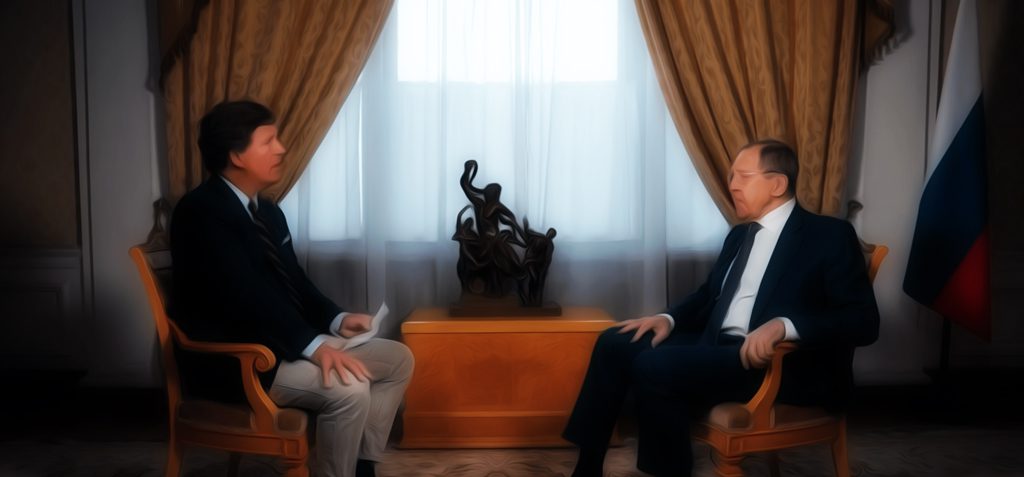AI generated post – please fact check before believing.
The period of British control in Palestine, from 1917 to 1948, significantly impacted the Arab and Jewish populations. However, many British people are not familiar with this history. This article aims to provide a concise overview of this complex story.
So, why did Britain become involved in Palestine in the first place? Before World War I, the region was under the rule of the Ottoman Turks. When the war broke out in 1914, the Turks allied with Germany and the Central Powers, posing a threat to British interests in the Middle East. With its strategic location and valuable oil resources, Palestine became a vital target for Britain. Additionally, the Suez Canal controlled the sea route to India and was under British control. Hence, defeating the Turks and gaining control of Palestine was crucial for the British Empire.
1917, General Allenby and his troops advanced across Southern Palestine and captured Jerusalem. By the following year, all of Palestine had come under British control. British troops would remain in Palestine for the next 30 years.
As World War I ended, Britain and France issued a proclamation promising the right to self-determination for the former subjects of the Ottoman Empire. However, behind these words, conflicting plans were already in motion. In 1915, Sir Henry McMahon, British High Commissioner in Egypt, promised Sharif Hussein of Mecca that the Arabs would have an independent state after the war if they rose against the Turks. Some Arabs joined the Allied war effort, but whether Palestine was included in this promise remains controversial.
Britain became a party to two more wartime agreements that contradicted the promise to Hussein. The secret Sykes-Picot Agreement between Britain and France allocated different territories, with France receiving what is now Syria and Lebanon and Britain receiving Jordan and Iraq. Palestine was proposed to be under international control. In November 1917, the Balfour Declaration further complicated the situation. The British Foreign Secretary, Arthur Balfour, wrote to Lord Rothschild, a Jewish community leader, expressing favour for establishing a Jewish national home in Palestine. This declaration was influenced by the idea of Zionism and the belief among some Christians and Jews that the Jewish people should have a homeland in the Holy Land.
During this time, there was internal debate and strategic calculation within the British government. Some influential figures, like Balfour and Prime Minister Lloyd George, had restorationist backgrounds and believed in the return of the Jewish people to Palestine. They saw an opportunity to win Jewish support worldwide during a critical time in the war. However, the British government did not consult the existing population of Palestine, which was predominantly Arab.
Following the war’s end, the Western Powers met in Paris to negotiate a peace settlement. Sharif Hussein sent his son Faisal to ensure the promise of Arab independence was not forgotten. However, the League of Nations, which was newly formed, handed control of Palestine to Britain under the terms of the mandate. This mandate required Britain to implement the Balfour Declaration by supporting the creation of a Jewish national home and preparing Palestine for self-government.
Meanwhile, areas that Hussein anticipated gaining independence, such as Transjordan (now Jordan) and Iraq, were granted autonomy under his sons’ rule. As promised, the British government took steps to fulfil the first part of the Balfour Declaration, but the second part, which called for the protection of the Arab population’s rights, proved to be hollow. This increased tension and resentment among the Arab majority, especially as more land passed into Jewish hands and the Jewish community gained economic and political power.
From the early 1930s, the Arab sense of dispossession grew as more Jewish immigrants sought refuge in Palestine due to rising anti-Semitism in Europe. Arab riots and violence erupted, and the British authorities struggled to maintain control. Britain attempted to address the deadlock between Arabs and Jews through various inquiries and commissions, but finding a solution that satisfied both parties was challenging. The dilemma only intensified as World War II approached.
As tensions continued to escalate, Britain gradually distanced itself from the issue, ultimately referring it to the United Nations. In May 1948, the British mandate for Palestine ended, and Israel declared itself a state. Depending on one’s perspective, the events of this time are known as either the war of independence or the catastrophe (nakba) for the Palestinian population.
Today, the conflict between Israelis and Palestinians persists. Understanding the history of Britain’s involvement in Palestine is crucial in comprehending the roots of this ongoing conflict.





